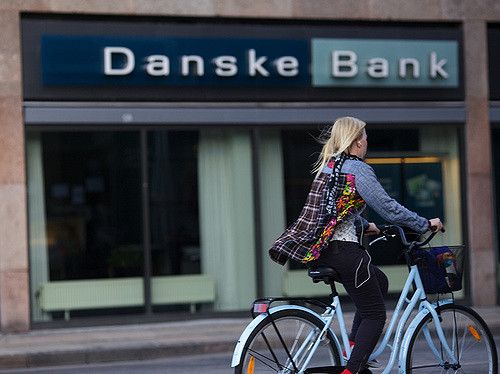Danske Bank, the largest bank in Denmark with 5 million consumer customers in northern Europe, ended 2015 with a post-tax surplus of 13 billion kroner, according to its financial statement. The bump was a bit higher than financial gurus had expected.
Last year’s surplus is significantly larger than 2014’s – an improvement welcomed by the bank’s chief executive Thomas F Borgen.
Future looks bright
“Despite challenging market conditions, Danske Bank showed further progress is 2015,” Borgen said in a statement.
“The results demonstrate the strength of our diversified business model as a Nordic universal bank and reflect our strategy of being a customer-focused, simple and efficient bank.”
The results mean that Danske Bank shareholders will earn a dividend of 8 kroner per share.
READ MORE: Danske Bank increases transfer fees by 150 percent
The bank’s statements indicate that this year looks to be as strong as 2015.














